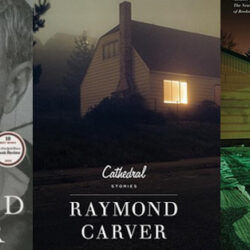Quotes & Notes: Best Shots and Shortcuts
by Steven Wingate
“Always give your characters their best shot.” — Stuart M. Kaminsky
As writers, we can add on (and on) to the external details of a character, trying to make that person real in the way that Pinocchio hopes to become so. Theoretically, we might be able to acquire enough details in a personality inventory for our readers to accept our characters as convincing. But ultimately, as Stuart Kaminsky knew, this way of creating character doesn’t work because it’s the subtext of our characters’ lives that make them real. Using the “inventory” process to get to know them is fundamentally flawed because it makes us lazy.
























